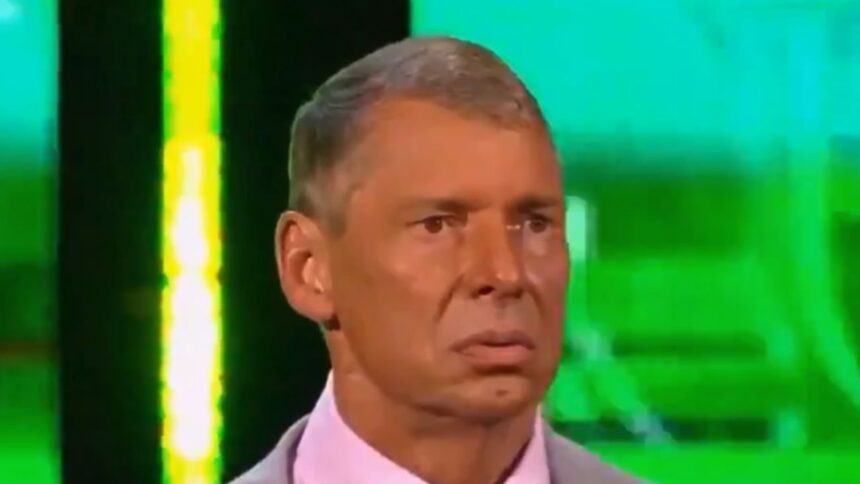Kevin Sullivan’s discussion on “Tuesday With The Taskmaster” offers intriguing insights into the potential for Dwayne “The Rock” Johnson to take on an authoritative role within WWE, akin to Vince McMahon’s iconic position. Drawing parallels between The Rock and McMahon’s charisma and influence, Sullivan raises the prospect of The Rock assuming a leadership role behind the scenes, similar to McMahon’s role as WWE’s chairman and CEO.
Sullivan’s comparison highlights The Rock’s stature not only as a legendary wrestler but also as a cultural icon with immense mainstream appeal. As WWE continues to evolve, the addition of The Rock in a leadership capacity could bring a fresh perspective and attract new opportunities for growth and innovation within the organization.
While such a transition would mark a significant shift in The Rock’s career trajectory, Sullivan’s analysis underscores the potential for The Rock to leverage his star power and business acumen to make a meaningful impact on WWE’s future direction. As fans speculate on The Rock’s next move, Sullivan’s insights add depth to discussions surrounding the wrestling industry’s ongoing evolution.
Sullivan expressed optimism about The Rock’s suitability for such a role, considering his prominent position on the TKO board of directors and his evolving presence in the wrestling world. While The Rock’s immediate focus lies on headlining night one of WrestleMania 40, Sullivan speculated on the potential for him to transition into a more administrative role in the future, given his busy acting schedule.
Sullivan’s analysis of The Rock’s character trajectory within his storyline with Cody Rhodes and Seth Rollins offers valuable insight into the complexities of wrestling narratives. While The Rock’s current portrayal as a formidable antagonist adds depth to the ongoing storyline, Sullivan raises valid concerns about the potential challenges of transitioning back to a babyface persona, especially if The Rock were to assume an authority figure role.
Navigating such transitions requires careful storytelling and character development to ensure continuity and audience engagement. Sullivan’s optimism regarding The Rock’s versatility underscores the wrestler’s ability to adapt to various roles and scenarios. If adjustments to the storyline are necessary, they could serve to further enhance the narrative and elevate the overall impact of The Rock’s character arc.
As The Rock’s storyline continues to unfold, fans will undoubtedly be intrigued to see how his character evolves and how he navigates potential shifts in alignment. With Sullivan’s insights in mind, there’s a sense of anticipation for the creative direction and storytelling choices that will shape The Rock’s journey in WWE.
Sullivan emphasized the strategic flexibility inherent in The Rock assuming an authority role, citing his recent displays of backstage power and manipulation during his rivalry with Rhodes and Rollins. From teasing the removal of the World Heavyweight Championship to imposing consequences on Rhodes’s future opportunities, The Rock’s involvement showcases the narrative potential of such a role.




